The women in Casa'l Churro
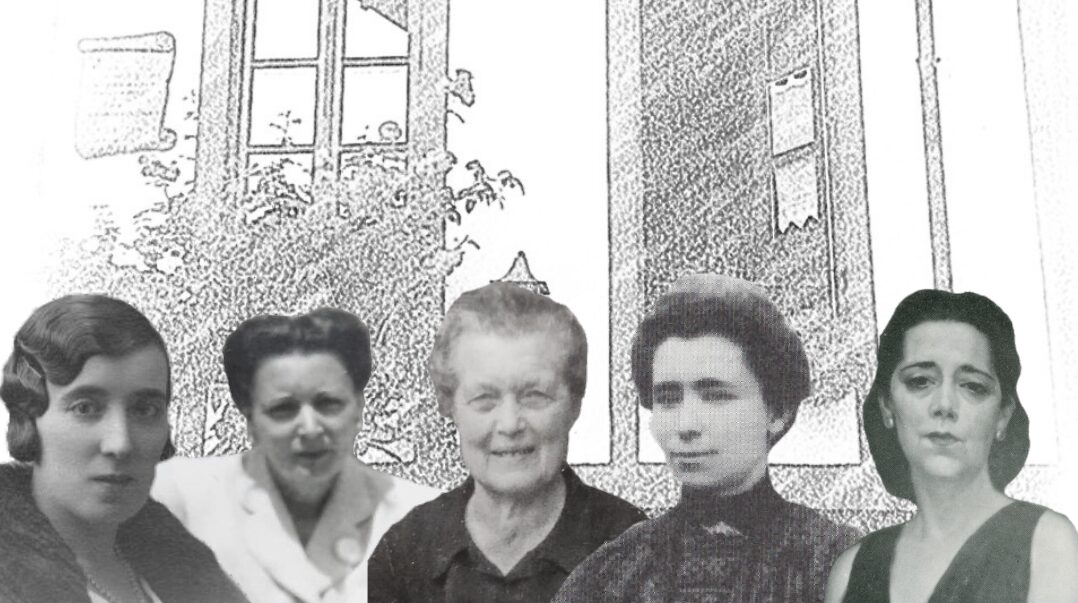
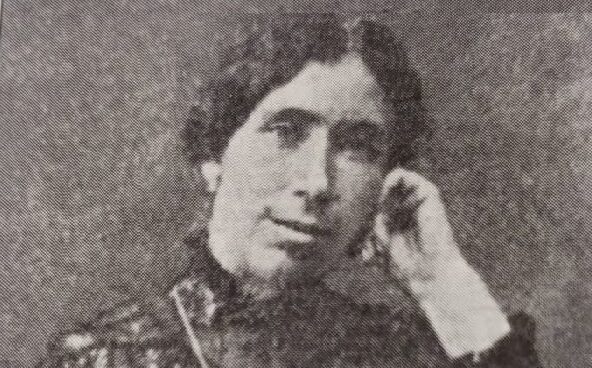
Among all of them, the personality of Faustina Álvarez, the first Inspector of Education in Spain (1916), stands out on her own merits. Born on February 15, 1874 in Renueva (León), daughter of Mr. José Álvarez de Castro and Mrs. María Manuela García Flórez, she was baptized two days later in the Church of San Juan. However, his childhood would be spent in Canales. Against maternal criteria Faustina felt a passion for learning. Such was the situation, that she had to hide in order to read books. Finally, when she was left in the care of an aunt in Canales, Faustina continued her studies, achieving a teacher's degree at the age of 21.
After this, the couple would separate their professional paths, and Faustina went to Barcia (José would be born there), before landing in Miranda in 1910. Their work there was tireless and exemplary. In addition to teaching and publishing opinion pieces in the press, Faustina tried to create a school canteen and, more importantly, founded the Mutualidad del Perpetuo Socorro, a pioneer institution in assisting students with fewer resources.
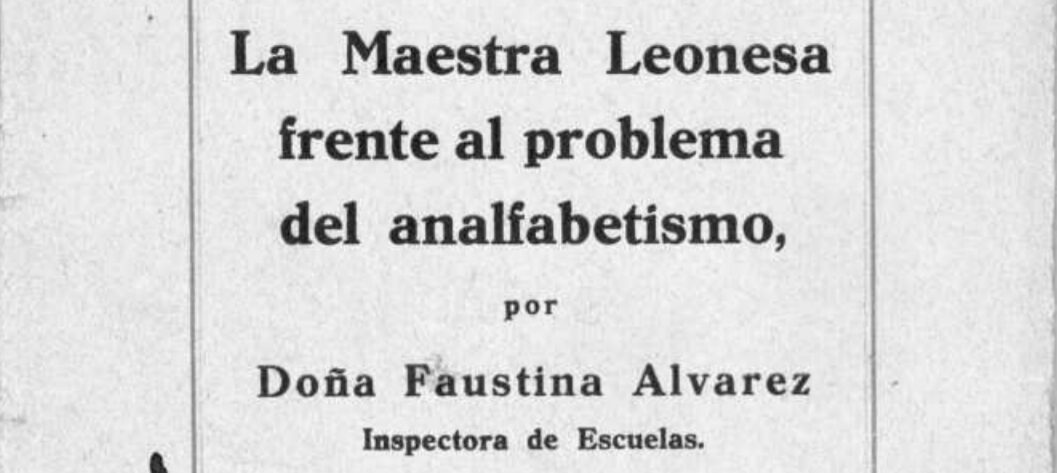
La Maestra Leonesa frente al problema del analfabetismo
The following year his delicate health deteriorated even more, passing away on October 10, 1927 in the family home when he was 53 years old, but not without leaving a legacy to be remembered in all the places he passed through.
In that same generation, Jovita and Evarista Rodríguez Álvarez began the teaching tradition at Casa'l Churro with their brother Gabino, something unusual in a family that had traditionally been working with iron. Both would be teachers in girls' schools, especially in southwestern Asturias, near the Besullo family home.
Jovita Rodríguez, in black dress, with the group of girls under her charge at the Besullo school
Just a year later she returned to Besullo, remaining in office until November 3, 1910 (salary of 625 pesetas), when she was transferred to Muñás (Luarca). It would not take long for her to return to the family village, this time permanently. Appointed on March 30, 1911, she would remain a quarter of a century as a teacher in Besullo, until in December 1936 she was dismissed for the charges brought against her by the Purification Commission dependent on the Civil Government of Oviedo, with effect from 17 July.
Evarista Rodríguez would spend almost all of her career as a teacher in Tineo, although one of her first experiences as an intern was at the Navia school at the end of 1903. Almost two years later she was assigned as a substitute for Calleras, Tineo parish located in the Cuarto de los Valles, although just a few months later the teachers' contest took her to Celón-Villagrufe.
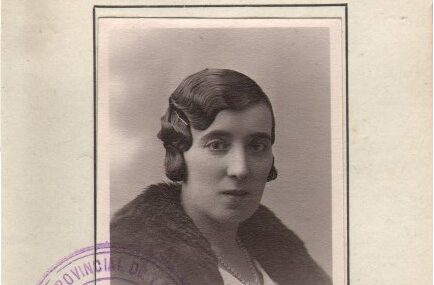
Teresa Rodríguez Álvarez, inspectora de Enseñanza
Teresa Rodríguez, the first-born daughter of Gabino Rodríguez and Faustina Álvarez, was born in Canales (León) at the beginning of the 20th century. Being just a child, she would travel with her parents to Besullo, where both had been transferred as teachers, living a childhood of continuous changes of residence following in the footsteps of her parents.
Once the examinations for Inspectors of Primary Education were called in July 1928, in October she was confirmed as one of the applicants admitted to the process. At that stage she was promoted, and later transferred to the school of Agones (Pravia).
Her work as an inspector carried ver to the council of Cangas in the months of May-June 1935, and January-May 1936, visiting sixty-seven schools and collecting their impressions in a notebook that is a clear expression of the state of education in the area. After the Civil War, her health was in clear deterioration, and she moved to Galicia with her husband Florentino Hurlé,quitting her job as an inspector, but leaving behind a more than valuable legacy to understand the state of education in rural Asturias.
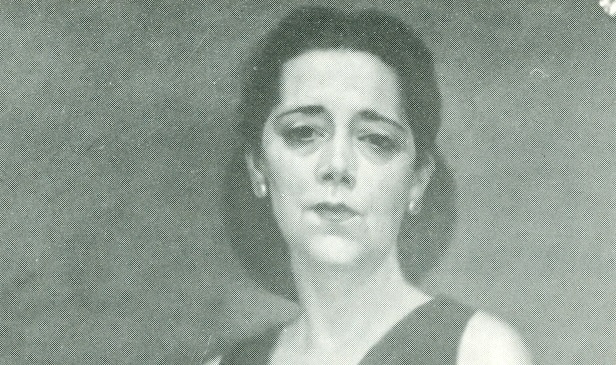
Matutina Rodríguez
The case of Matutina Rodríguez requires a separate chapter, because despite being also a teacher like her brothers, her work focused on the world of medicine. After spending the first years of her life in the Besullo family home, Matutina would move following the destinies of his parents: in Murcia and Palencia he would study High School, obtaining the Extraordinary High School Award.
Apart from her medical work, Matutina participated with several of her relatives in the two summer visits of the Pedagogical Missions to Besullo.
In June 1934, she would take charge of the Children's Hygiene Dispensary of the then province of Oviedo, simultaneously giving numerous talks on school hygiene. In September, her position as a childcare doctor at the Oviedo Institute of Child Hygiene would be confirmed. In this position faced the humanitarian disaster caused first by the 1934 revolution and later by the Civil War. Between both events she married (August 1935), with the prestigious doctor Antonio Martínez Torner, brother of the brilliant composer and musicologist Eduardo Martínez Torner.
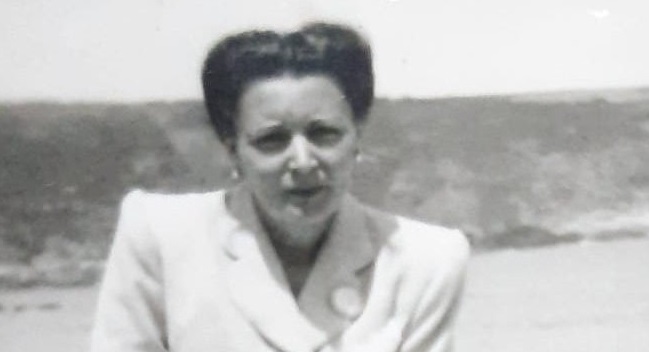
Jovita Rodríguez
This select group of women is completed by Jovita Rodríguez, who shared a name with her aunt and was the youngest of the marriage formed by Faustina Álvarez and Gabino Rodríguez. Jovita studied Teaching like the rest of her siblings, but her transfer to Catalonia when she married José Fau did not extend her ties to the family's teaching tradition.